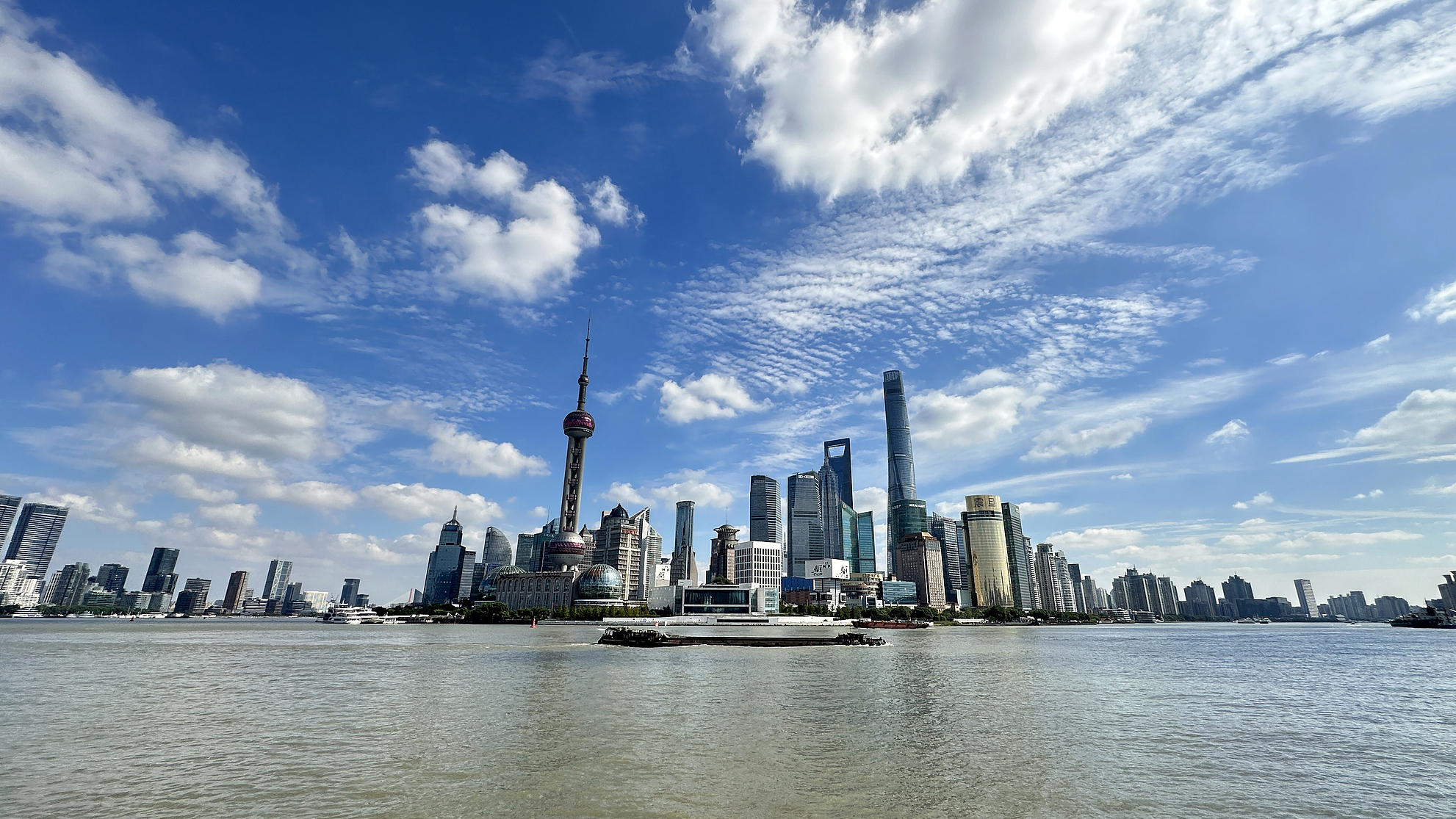BEIJING: China is raising the government debt ceiling by 6 trillion yuan ($8,376 billion), which will give local governments a combined 10 trillion yuan of resources to swap their accumulated “hidden debts” over recent years, officials said during a press conference in Beijing on Friday.
The announcement is one of the most important stimulus measures the government has been laying out in recent weeks to stabilize the economy against headwinds from both inside and outside the country, said China’s Minister of Finance Lan Fo’an.

The skyline of the Lujiazui landmark buildings in Pudong, October 29, 2024, Shanghai.
Under the new arrangement, the debt ceiling for special local government debt will be increased to 35.52 trillion yuan from 29.52 trillion yuan by the end of 2024.
Starting this year, China has already decided to set aside 800 billion yuan from each year’s new special-purpose bonds for local governments for five consecutive years, thereby providing debt relief to replace 4 trillion yuan of hidden debts. Adding 6 trillion yuan will enable local governments to deal with 10 trillion yuan of debts, Lan told the press conference.
Lan disclosed that even though the Chinese governments of all levels have been working hard to reduce hidden debts over recent years, there was still 14.3 trillion yuan on the off-balance sheet at the end of 2023.
It is getting even more difficult to resolve the debts this year, as China’s economy has been encountering new problems as a result of changing external situations as well as a lackluster domestic demand, Lan said.

Workers are installing iron fittings at a height of more than 50 meters, Chifeng, Inner Mongolia, October 21, 2024.
Besides the debt ceiling rise, another 2 trillion yuan of hidden debts resulting from housing improvement projects in run-down areas will become due only after 2029, Lan said, which will also help relieve debt pressure.
As a result, the amount of hidden debts that China’s local governments need to deal with by 2028 is expected to drop from 14.3 trillion yuan to 2.3 trillion yuan, said the minister.
The decision was announced during a press conference following the 12th session of the Standing Committee of the 14th National People’s Congress (NPC), which concluded in Beijing on Friday.
At the closing meeting, lawmakers voted to adopt a preschool education law, a revised Law on Protection of Cultural Relics, a revised Mineral Resources Law, an energy law, and a revised Anti-Money Laundering Law.
They also adopted a decision on amending the Law on Supervision by the Standing Committees of the People’s Congresses at all levels.
During the meeting, lawmakers ratified an amendment to the 1996 London Protocol on the prevention of marine pollution by the dumping of waste.
They also adopted several reports on the deliberations of proposals submitted by lawmakers, as well as a deputy qualification report and personnel-related bills.






















